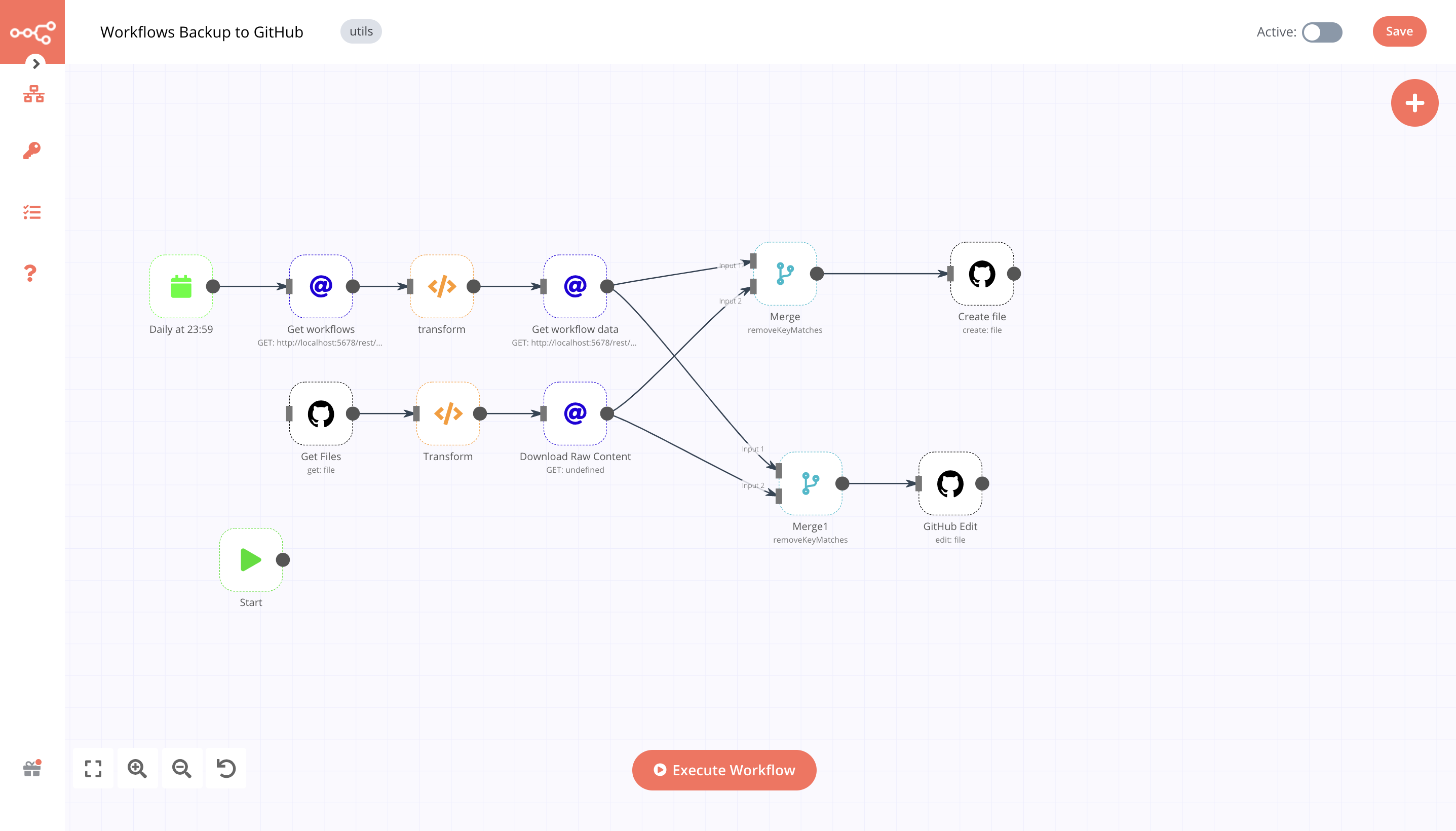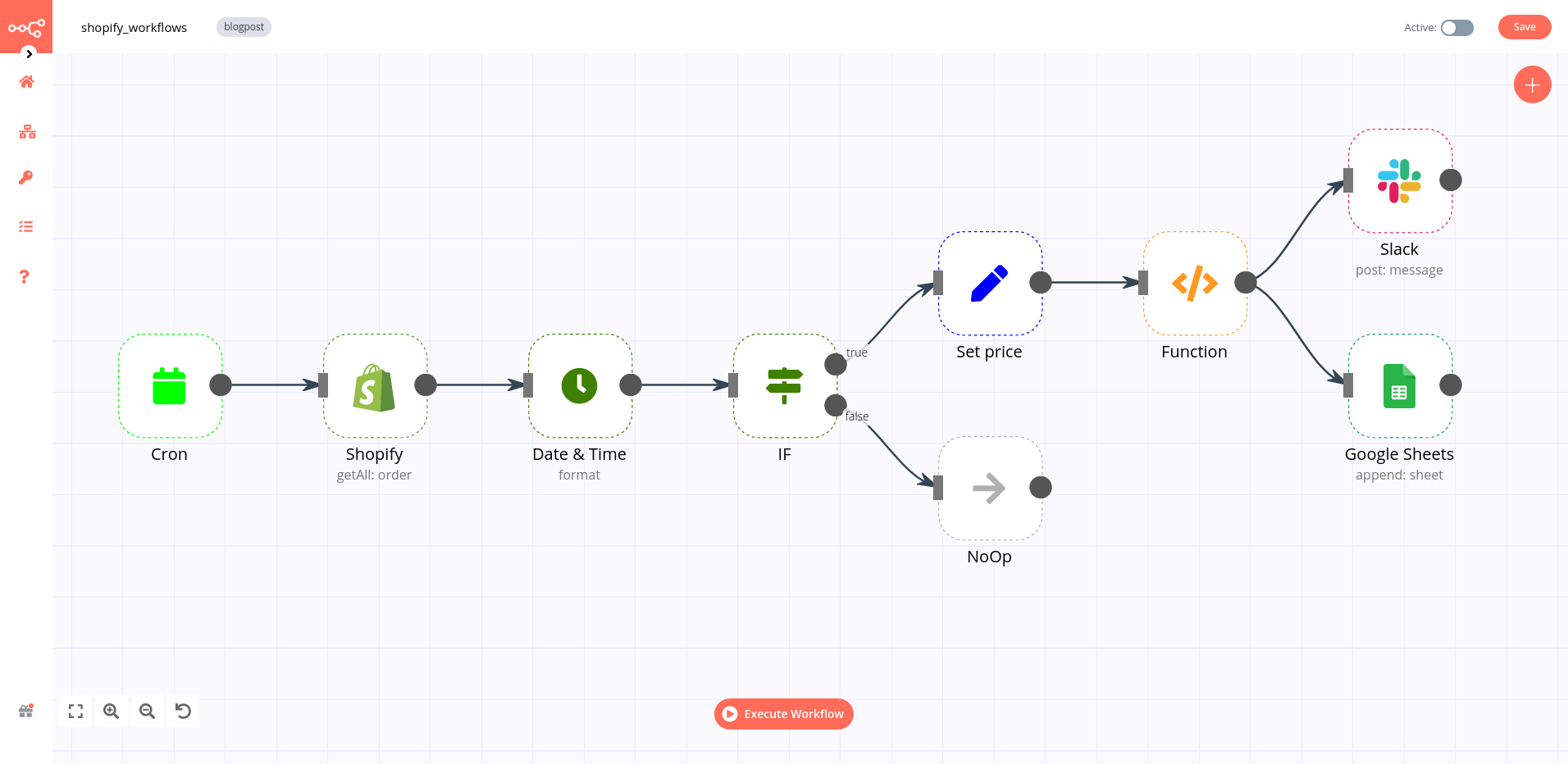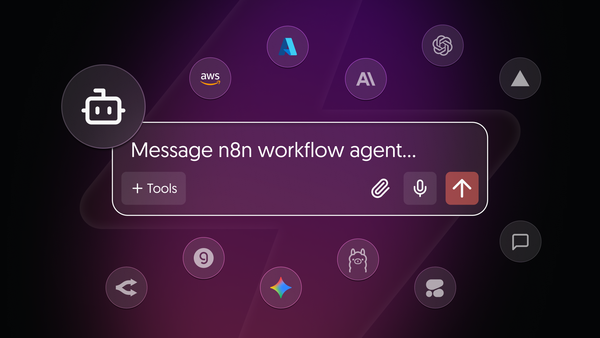You're working long hours now, six in the morning to six in the afternoon. Sometimes even eight in the afternoon, six days a week. Sometimes seven days a week. It's a long hustle but it keeps you busy.
Busy but unfulfilled, because many of the things you do are plain boring, repetitive, unengaging, and could probably be done (better) by a machine. If you've found your way to this article, it means you've had it with manual work and you're ready to start automating at least part of it. Congratulations, welcome to the future of work!
There are plenty of things in our daily lives that surely would rather be automated than half-heartedly accomplished by a bored human who, mind you, might even make mistakes. Workflow automation platforms like n8n enable you to automate even complex tasks with no code (or a bit of JavaScript, if you insist).
But how do you decide where to begin? In this post, we present to you six features of tasks that can (and should) be automated.
- Repetitive tasks
- Boring tasks
- Frequent, regular tasks
- Rule-based tasks
- Software-based tasks
- Time-comnsuming tasks
1. Repetitive tasks
Download this from here, upload it there, write this, click that. Repeat 10 times a day, 50 times a year, until the end of time. Or until you discover automation, because tasks like this shouldn't be accomplished manually anymore.
For example, getting your daily news, checking the weather, creating backups of your work (this is also a reminder to do it!), or cross-posting articles on different channels (like we do with our blog posts on Medium and dev.to) are all activities that can be automated with no code.
2. Boring tasks
"My favorite part of my job is copy-pasting data from one file into a spreadsheet!", said no one ever. More likely, you wish you could be doing anything but that. If a task is unengaging, it doesn't involve decision-making, higher-order thinking, creativity, or "the human touch", then it's a good candidate for automation.
For example, a common activity in sales is collecting information about companies (like the number of employees, industry, and location) from the website of a business event, in order to create contacts or leads in a CRM. Instead of manually copy-pasting data, you can create a workflow that does web-scraping, data transfer, and even email validation for you.
3. Frequent, regular tasks
It's the end of yet another month and you need to calculate yet another budget for your business, run an inventory on your products and orders. You need to set a reminder and block a full day to get this job done–a day when you could be doing more exciting work or even take a holiday.
If the task has to be done at the same time or interval and it involves the same sequence of steps, then it could be automated. In fact, we've already built a workflow for the use case mentioned above.

4. Rule-based tasks
Most automation-friendly tasks are rule-based, meaning they follow a logical sequence of steps in the form of "if A, then B, else C". This is the kind of low-level decision-making that can be established by a human and, if you know that the process won't change, delegated to a machine.
For example, filtering sales orders based on their value was a boring task that our friend Nathan had to do for his team, before we taught him how to automate it. In the same way, you could automate your e-commerce business, for example by filtering positive and negative reviews or issuing invoices.
5. Software-based tasks
Did you know that U.S. users had on average 20 apps installed on their mobile? And that organizations worldwide were using on average 80 software as a service (SaaS) applications? Now think of all the tasks that you're doing daily and how many of those involve transferring or synchronizing data between different apps, without human input.
For example, if you need to sync data between your CRM and a database, you can create a no-code workflow for that and let the two systems communicate with each other. Don't act as an intermediary machine, you're just making it awkward.
6. Time-consuming tasks
I don't know about you, but for me, the most annoying thing about boring tasks is that they are time-consuming. Fine, life and work are not always rainbows and butterflies, sparkling with creativity and meaningful activities. I can do some brainless tasks for a while if needed, but when they start taking up hours of my precious time–that's where I draw the line and reach for n8n.
For example, in one of my previous roles, I was responsible for creating reports, which involved aggregating data from different sources (Google Analytics, BigQuery, Salesforce, Postgres), calculating some custom metrics, and sending the results to management or clients. This kind of reporting could take up to two hours, every month/quarter/year–or only a few minutes once to set up a workflow in n8n.

What's next?
In this post, you've learned how to identify tasks that can be automated.
To sum up, automatable tasks are repetitive, boring, regular, rule-based, software-based, and time-consuming.
With this in mind, you're ready to start automating and make your life easier and more enjoyable! Here's what you can do next:
- Create workflows: install n8n or sign up for a free trial on n8n.cloud ☁️
- Discover more workflows, automation ideas, and tutorials 💡
- Join the n8n community forum and get inspired by other users 🗣️




